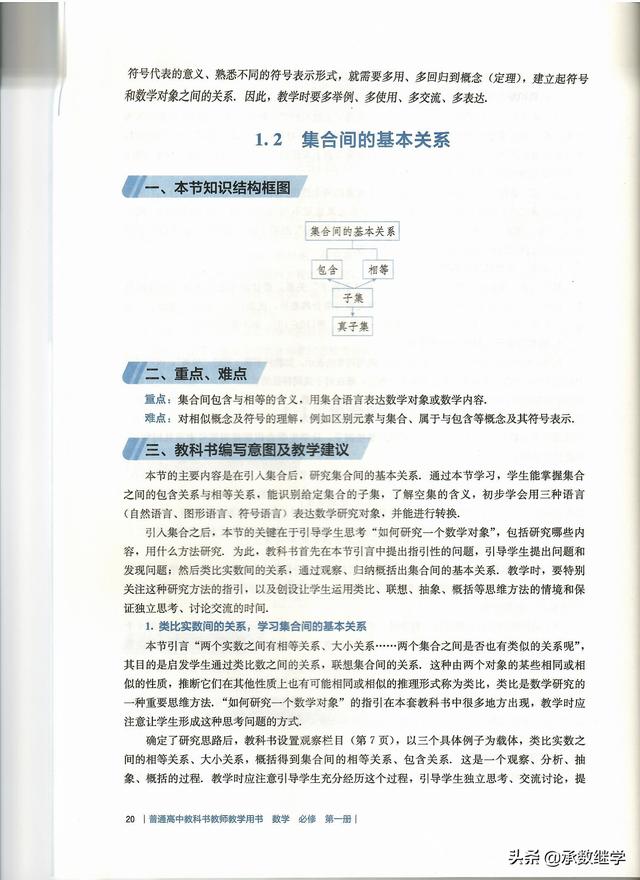Unit 4 Where is my schoolbag?

重点单词
Where,table,bed,bookcase,sofa,chair,on under,come,desk, think,room,their,hat,yeah,know,radio,clock,tape,player,model,plane,tidy,but,our,everywhere,always,tape player,model plane,be tidy,in our rooms,have a clock,on her bed,on the sofa,under your bed,in your schoolbag,come on,on your head
重点句型
1.-Where is my schoolbag?
-It’s on the desk/under the bed/in the room.
2.-Where are my schoolbags?
-They are on the desk/under the bed/in the room.
3.-Is the ……in/on/under the……?
-Yes, it is. /No, it isn’t.
4.-Are the ……in/on/under the……?
-Yes, they are. /No, they aren’t.
语法
一、方位介词:on, in, under
通常回答where引导的特殊疑问句。
1.on“在……上面”,强调一物再另一物的表面上。On the wall, on the desk, on the floor, on the bed……
2.in“在……里”
(1)表方位:“在……里、中(上)”
In the tree “在树上” 表树上外来的事物
On the tree“在树上”表树上长出来的东西
(2)表示图片或报纸上的内容:in the picture, in the newspaper
(3)表时间:早中晚,年、月、年代、世纪
In the morning/afternoon/evening, in 2008, in 21 century, in 1990’s
(4)表地点:城市、乡村、国家
In Beijing, in Shanghai
(5)用某种语言:in English
(6)用原材料:in red
(7)表示穿着、戴着:the girl in blue is a student.
3.under“在……下”在某物的正下方。
二、人称代词作主语时,将含有实义动词的陈述句变为一般疑问句及其肯定回答和否定回答,否定句。
1.当主语是人称代词的复数时,变疑问句在句首加Do,句末用问号,第一、二人称互换,some,any互换。变否定句在实义动词前加don’t, some, any互换。
疑问句的肯定回答:Yes, 主语 do.
疑问句的否定回答:No, 主语 don’t.
2.当主语是人称代词的单数时,变疑问句在句首加Does,句末用问号,第一、二人称互换,some,any互换。变否定句在实义动词前加doesn’t, some, any互换。
疑问句的肯定回答:Yes,主语 does.
疑问句的否定回答:No,主语 doesn’t.
Unit 5 Do you have a soccer ball?
重点单词
Do,have,tennis,ball,bat,soccer,volleyball,basketball,hey,let,us,go,we,late,get,great,play,sound,interesting,boring,fun,difficult,relaxing,watch,same,love,with,sport,them,only,like,easy,after,class,classmate,soccer ball,ping-pong bat,play volleyball,play sports
重点句型
1.-Do you/they have a soccer?
-Yes, I/they do. /No, I/they do.
2.-Does he/she have a soccer?
-Yes, he/she does. /No, he/she doesn’t.
3. I/they don’t have a soccer.
4. He/She doesn’t have a soccer. He/She has a soccer.
语法
一、人称代词的宾格:Page 5
二、一般现在时态中have的用法
1.have的主语是名词复数、第一二人称单复数和第三人称复数;has是第三人称的单数形式,主语是不可数名词、可数名词的单数、第三人称的单数。
2.have/has作谓语时的句型转换
(1)否定句式:主语 don’t/doesn’t have
(2)一般疑问句式:Do/Does 主语 have……?
肯定回答:Yes, 主语 do/does
否定回答:No, 主语 don’t/doesn’t.
(3)have之后的名词有some修饰时,变疑问句和否定句时改为any.
(4)have/has当“有”讲时与there be的区别
Have/has: 与主语是所属关系,强调某人“拥有、占有”某物;
There be: “客观存在”,强调客观存在的事实,是there引起的倒装句。
(5)have的其他含义:“吃、喝”或其他
Have breakfast, have a look, have a part
Unit 6 Do you like bananas?
重点单词
Bananas,hamburger,tomato,icecream,salad,strawberry,pear,milk,bread,birthday,dinner,week,food,sure,burger,vegetable,fruit,right,apple,then,egg,carrot,rice,chicken,so,breakfast,lunch,star,eat,well,habit,health,really,question,want,be fat, think about,how about,sports star,volleyball star,eating habits,for breakfast,for dinner,after dinner.
重点句型
1.-Do you/they like bananas?
-Yes, I/they do. /No, I/they do.
2.-Does he/she like bananas?
-Yes, he/she does. /No, he/she doesn’t.
3.-He/She likes……
He/She doesn’t like……
4.-What do you/they like for……?
-I like……for……
5.He/She likes……,but he/she doesn’t like……
语法
一、like的用法
1.like sb/sth“喜欢某人、某物” I like bananas.
2.like to do sth“喜欢做某事”
3.like doing sth“喜欢做某事”
二、well与good
1.well adj 位于联系动词之后,表达“健康的”。I’m very well.
adv 修饰动词。We play football well.
2.good:adj, 作名词的前置定语,连系动词的表语。She is a good girl.
三、it的用法
I think it’s healthy.
1.人称代词,指代上文中已提到或刚刚提到的单数事物,以避免重复。
2.用于指代时间、天气、日期、距离、价值、温度等。
3.用作形式主语,代替动词不定式位于句首,而真正的主语是动词不定式,避免句子头重脚轻。It’s easy for me to play basketball.
四、与三餐有关的短语
At breakfast/lunch/dinner/supper 在吃早、午、晚餐
Have breakfast/lunch/dinner/supper吃早、午、晚餐
Have sth for breakfast/lunch/dinner/supper 早、午、晚餐吃某物
五、可数名词与不可数名词
1.可数名词:可以计数的名词
(1)分类 单数可数名词:单个人或事物
复数可数名词:两个或多个人或事物
(2)名词复数的规则变化
①一般在词尾加-s。Books, pens
②以s,x,sh,ch结尾的在词尾加-es。Classes, watches
③以“辅音字母 y”结尾的,变y→i es。families.
④以f,fe结尾的变f,fe→v es。Knives, wives
屋顶roofs,信念beliefs,首领chiefs除外。
⑤以o结尾的加-s或-es;
-s: photos/radios/pianos/zoos/bamboos/kilos
-es: tomatoes/potatoes/……
(3)不规则变化:
①单复数同形:sheep绵羊,deer鹿,means手段
②变元音:man→men, foot→feet, tooth→teeth
③变词尾:child→children, ox→oxen, mouse→mice
④只有复数的名词:congratulations, clothes, glasses, surroundings, goods, shorts, thanks, trousers, wishes
⑤单复数意思不一致:glass玻璃,glasses眼镜;water水,waters水域;people人民,peoples民族;force力量,forces部队;arm胳膊,arms武器;……
即有些词既可以作可数名词也可以做不可数名词,但意思不一致。
2.不可数名词
不能直接用数词来表示数量,如物质名词、抽象名词。没有复数形式。如果要表示数量必须借助其他词。如,“计量单位 of”。
用法:
(1)没有复数形式
(2)作主语时谓语动词用单数
(3)其前不用不定冠词a/an
(4)其前不用基数词
(5)表数量用“计量单位词 of”。
(6)可用some, any, much来修饰。
Would you like some bread?
欢迎关注微信公众号 :中学高分宝典
,




